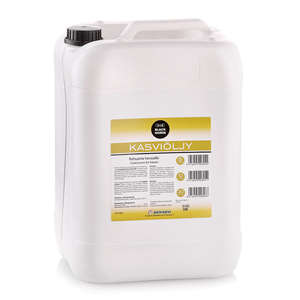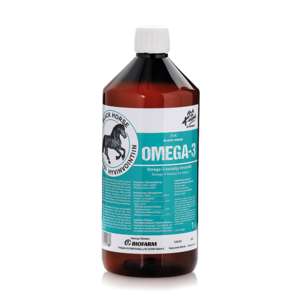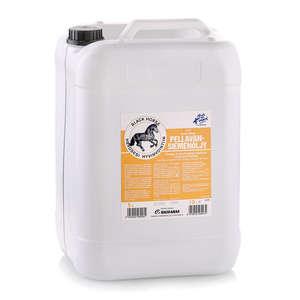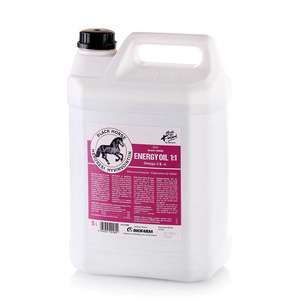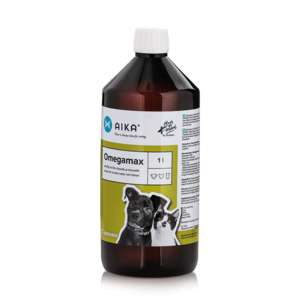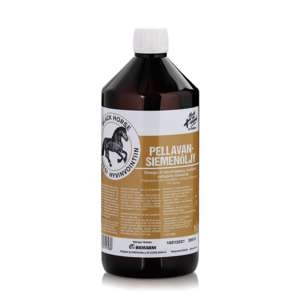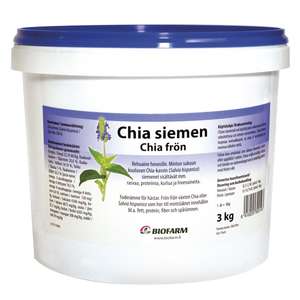Kategoriat
- Horses
- Black Horse Horse Feeds
- Complementary feeds
- Black Horse Fakta -series
- Black Horse Premium -series
- Vitamin complementary feeds
- Mineral and trace element complementary feeds
- Electrolyte complementary feeds
- Lick stones
- Protein and amino acid complementary feeds
- Oils and Omega fatty acids
- Other complementary feeds such as lactic acid ja yeast products
- Therapeutic products and liniments
- Analyses, tests and tooth products
- Bedding and stable hygiene
- Experiences with Black Horse feeds
- Brochures and more
- Feeding and taking care of a horse
- Broodmares
- Foal
- Summer products for horses
- Black Horse Horse Feeds
- Pets
- Activated charcoal products
- Summertime products
- AIKA products for pets
- Dog
- Cat
- Rabbits and rodents
- Care and health articles
- Brochures
- Activated charcoal products
- Farm animals
- Veterinary medicine
